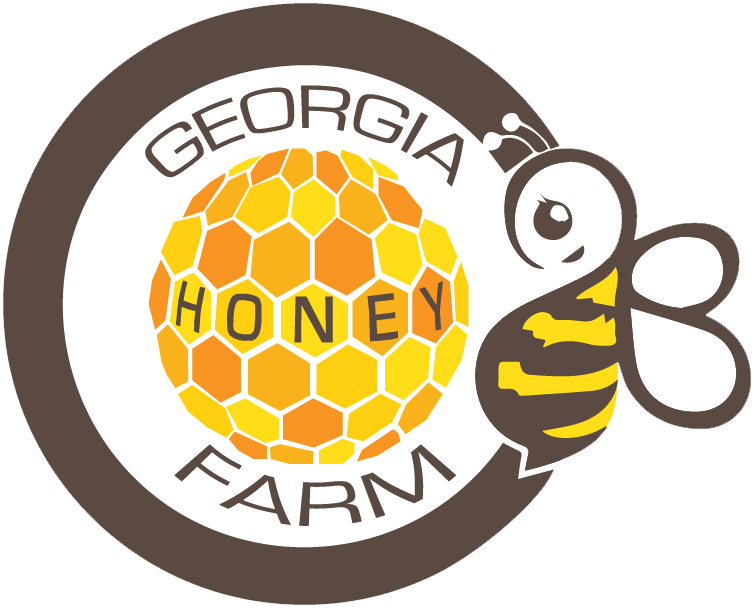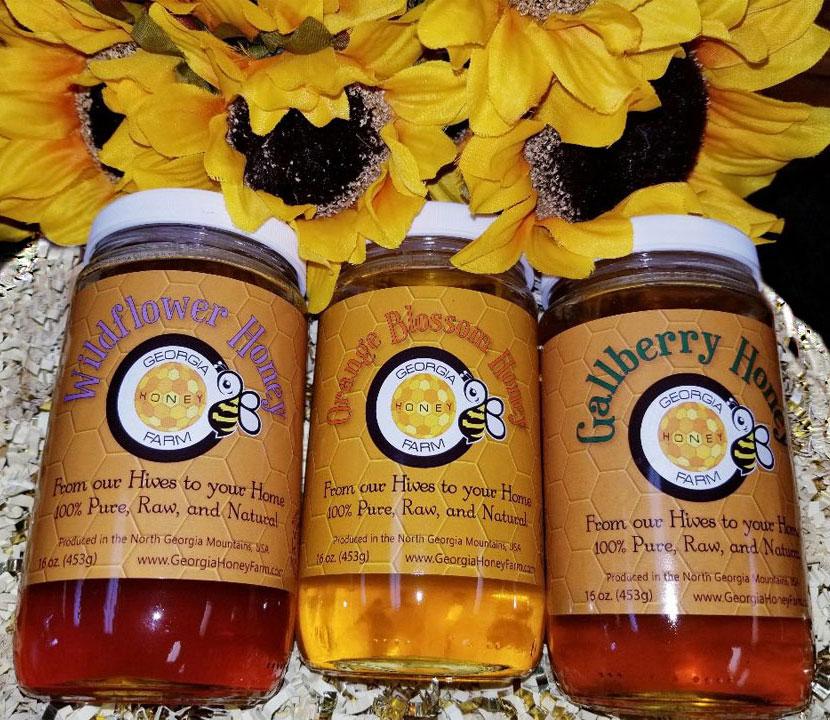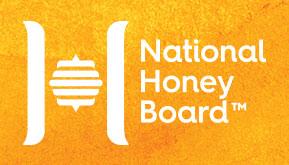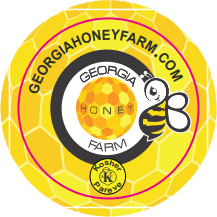Using Honey to Enhance Athletic Competition

Many people know that honey is a natural, tasty food with numerous health benefits, but few may recognize honey as a lasting energy source for sports and physical activity. While athletes have traditionally turned to energy gels, sports drinks, and post-workout protein shakes for replenishing energy or nutrients, many are now taking a closer look at honey as an alternative.
To evaluate honey’s potential athletic benefits, the Memphis Exercise and Sport Nutrition Laboratory conducted several clinical trials using honey pre- and post-exercise. In one study, 39 participants were given protein shakes after intense weight training. The shake sweetened with honey was the only one to show sustained blood sugar levels in the two hours post-workout, confirming honey as a superior carbohydrate source for muscle replenishment.
In another study, honey reduced the time it took competitive cyclists to complete a 40-mile timed trial. Those results showed a 6% greater cycling power, suggesting honey actually improves endurance and exercise capacity. Another trial evaluated honey along side other carbohydrate gels in 71 participants. The results of that study showed that honey produced a mild increase in blood sugar and insulin, but did not lead to the hypoglycemic spike and subsequent crash that most sugars cause.
The reason honey was superior in each of these studies is because it is comprised of minerals vitamins, pollen, protein, water, and a blending of the natural sugars fructose and glucose. It’s the way these two sugars—fructose and glucose—work together that makes honey a better choice.
Like common carbohydrate gels with glucose at their core, honey takes approximately 15 minutes to get from mouth to muscle. The difference is that honey does this without extra preservatives, dyes, or refined sugars. The body absorbs the glucose in honey quickly for an immediate energy boost while the fructose is absorbed more slowly for stable, lasting energy. In this way, honey provides energy pre- and post-exercise without the hypoglycemic crash that comes from other products full of highly refined sugars.
For most endurance activities like running, athletes require 30-60g of carbohydrate per hour. One tablespoon of honey contains approximately 17g, so consuming two to three tablespoons of honey each hour would keep glycogen stores stable. Honey with a higher fructose to glucose ratio will have a runnier consistency, making them easier to consume while exercising.
When considering honey’s health benefits, vitamin and mineral content, availability and affordability, as well as its lasting, stable energy, it’s easy to see that it’s the superior choice for athletes everywhere.
Georgia Honey Farm, located in the North Georgia Mountains, is committed to supplying you with the highest quality raw honey on the market for all your healthy-living needs. To find out more, explore our website or contact us at 470-268-7941.






